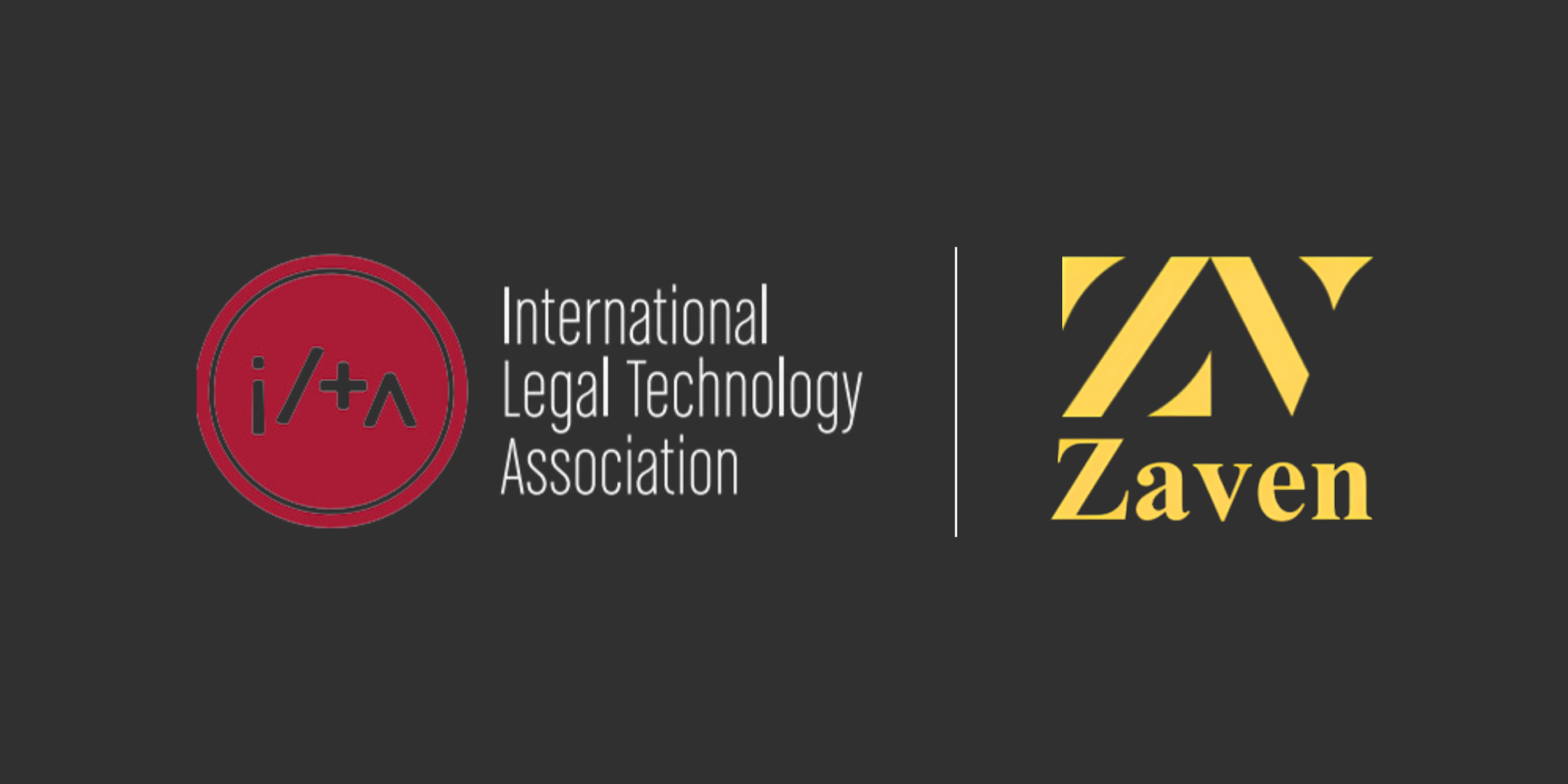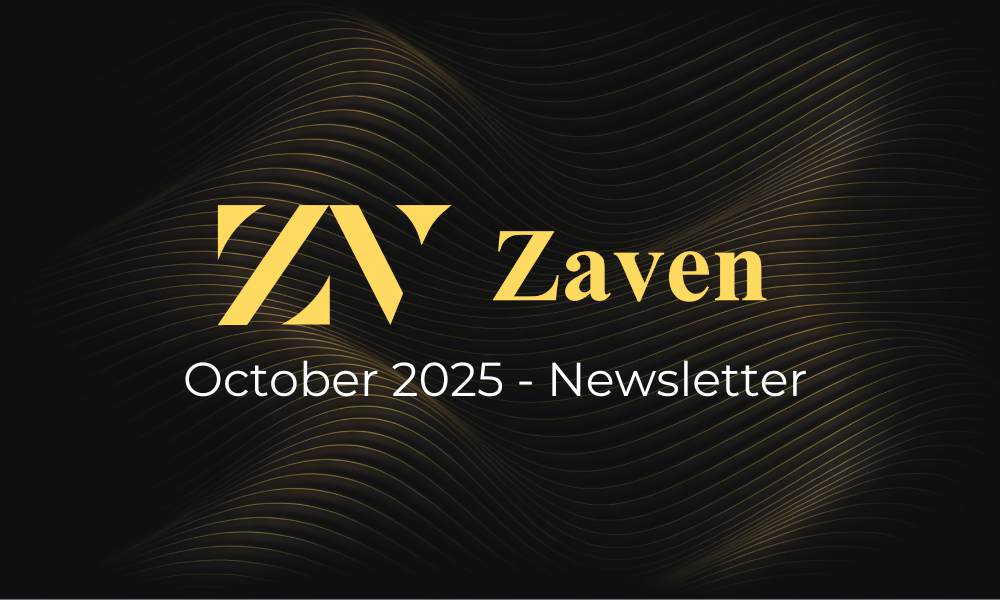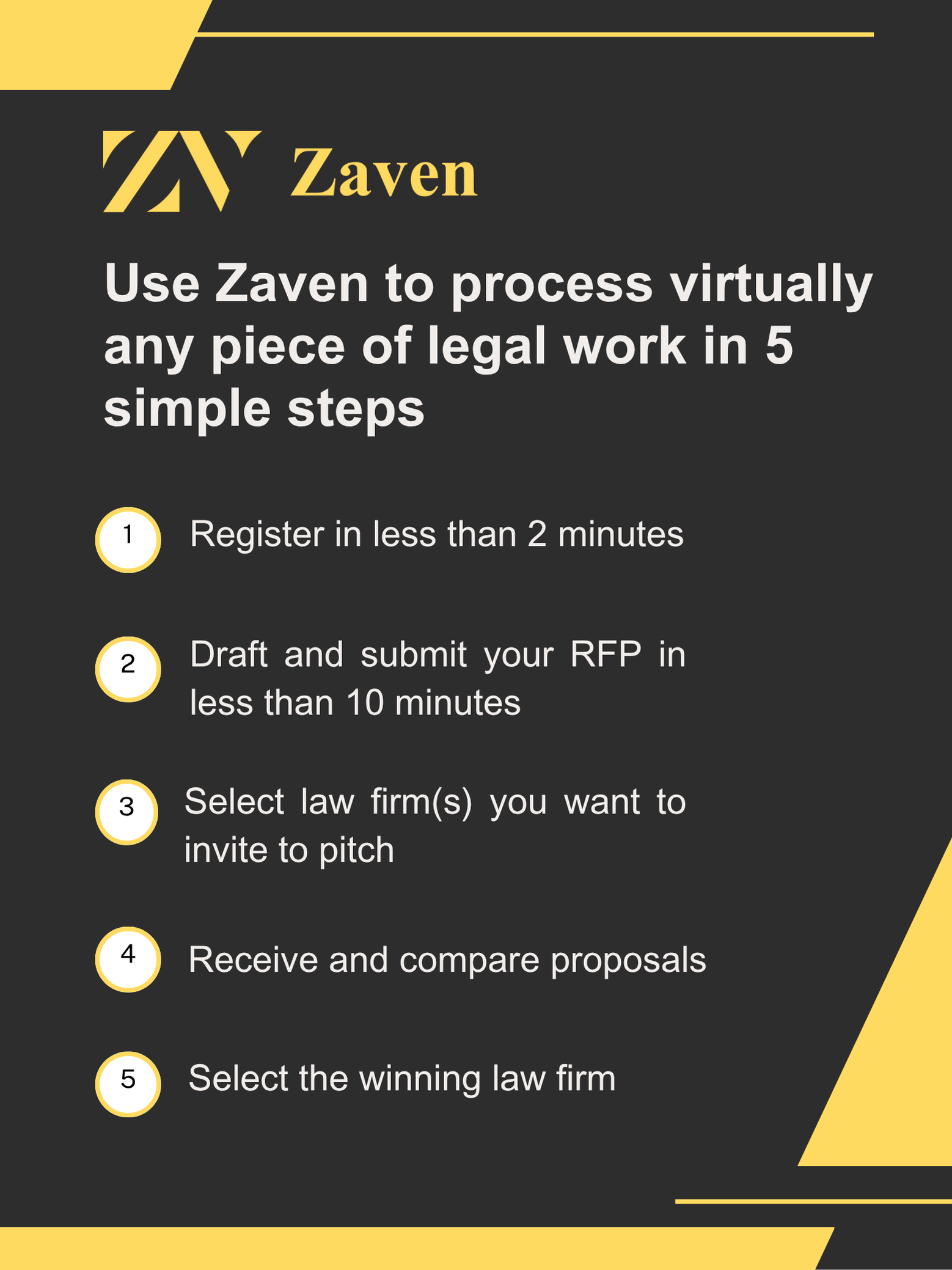In a recent ILA roundtable, legal industry experts explored the complex relationship between AI implementation and traditional billing models, revealing key insights about the future of legal service delivery.
The Billing Paradox
Balancing the Billable Hour in the AI Era: Industry Leaders Weigh In
In a recent ILA roundtable moderated by Damian Priamurskiy of Lowenstein Sandler LLP, legal industry experts explored the complex relationship between AI implementation and traditional billing models, revealing key insights about the future of legal service delivery.
The Billing Paradox
Greg Lambert, Chief Knowledge Services Officer at Jackson Walker LLP, highlighted a fundamental tension: while clients expect AI to reduce billable hours, law firms face pressure to implement these tools while maintaining profitability. “The question becomes who really benefits financially from the AI boom – the firms, the clients, or the vendors supplying the AI tools?” Lambert noted.
Beyond Time Savings
Jonathan Selvadoray, founder and CEO of Zaven Legal, emphasized that pricing is often “the convenient truth” but not the primary factor in client relationships. “Chemistry becomes so important. Corporates are happy to pay a little bit more provided there’s ease of working with a certain partner and their team,” he explained.
Data and Trust
A crucial challenge identified was data sharing and confidentiality. As Selvadoray pointed out, “Most corporates will not want to share all their data with outside counsel.” This creates a complex dynamic where both law firms and in-house teams must balance the benefits of AI with data protection concerns.
The Indian Perspective
Balanand Menon, heading the Consulting division at Vahura, shared how Indian legal departments are evolving from compliance-based functions to sophisticated operations. He described how forward-looking law firms are positioning themselves as strategic partners rather than mere service providers, using AI to handle routine work while deepening client relationships on complex matters.
The Associate Question
Addressing concerns about AI’s impact on junior lawyers, Lambert cautioned against the “partner trap” – the notion that AI could replace associates entirely. Instead, he advocated for using AI as a training tool to help junior lawyers develop expertise more quickly.
Looking Ahead
The consensus among panelists was clear: AI isn’t just about efficiency – it’s about transforming client relationships. As Lambert concluded, “If you have a more educated client and you are worth your salt, you should have a better relationship because you’re able to have a better conversation with them.”
This transformation suggests that successful firms will be those that use AI not just to cut costs, but to enhance client relationships and deliver more sophisticated legal services.







